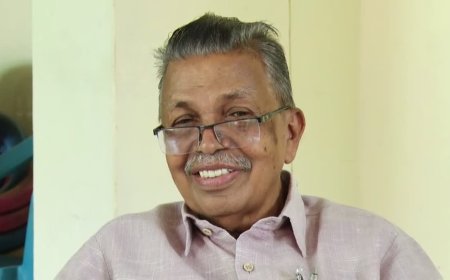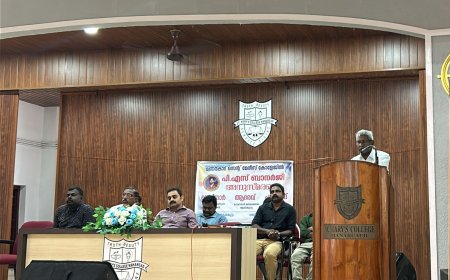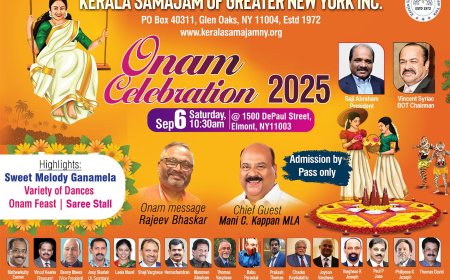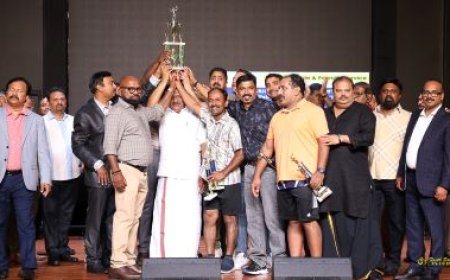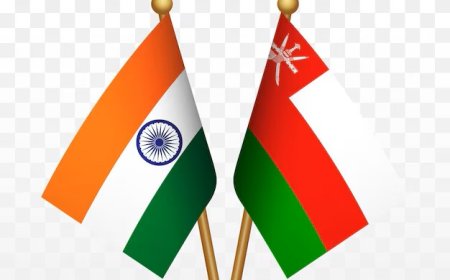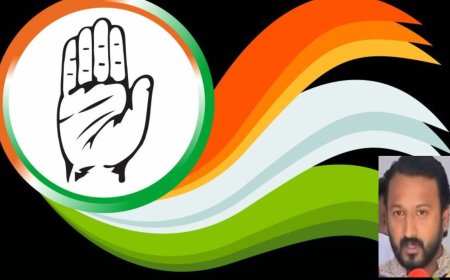Indian cricket industry's revenue to take hit as Lok Sabha passes Online Gaming Bill 2025: A look at its impact
While the Bill has been hailed as a landmark for esports and educational gaming, its restrictions on real money gaming platforms could spell trouble for a multi-billion-dollar fantasy gaming industry that has, until now, bankrolled cricket’s sponsorship market.

THE Lok Sabha has passed the Promotion and Regulation of Online Gaming Bill, 2025, a legislation that bans online money games in India. The move, aimed at tackling rising instances of financial fraud, money laundering and gaming addiction, could trigger a seismic shift in the country’s sports economy — especially cricket.
While the Bill has been hailed as a landmark for esports and educational gaming, its restrictions on real money gaming platforms could spell trouble for a multi-billion-dollar fantasy gaming industry that has, until now, bankrolled cricket’s sponsorship market.
What does the new Bill ban?
The legislation sharply divides gaming into four categories: esports, educational gaming, social and casual gaming, and real-money gaming. Of these, real-money gaming — where users deposit funds and play for cash rewards — has been declared a criminal offence.
Key prohibitions include:
No person shall offer or engage in online money gaming services.
No bank or financial institution can facilitate transactions for such games.
Advertisements for online money games are banned across all media.
Penalties are steep. Service providers face up to three years’ imprisonment or a fine of up to ₹1 crore, while advertisers risk up to two years in jail or a fine of ₹50 lakh.
How does this impact Indian cricket?
Few industries are as intertwined with real money gaming as Indian cricket. Dream11, for instance, currently holds the Indian cricket team’s title sponsorship rights at approximately ₹358 crore, while My11Circle is the official fantasy partner of the IPL, paying a staggering ₹625 crore for a five-year deal.
In addition, current and former cricket stars command personal endorsement contracts worth tens of crores from fantasy gaming platforms, recounts PTI.
With the Bill prohibiting cash-based gaming models, these sponsorship streams could dry up, directly impacting:
Sports lawyer Vidushpat Singhania believes Indian cricket will survive, but not without consequences, according to PTI report.
“Cricket is huge in India and there won’t be any dearth of sponsors for Indian cricket and its properties. However, the personal sponsorship market can shrink because of this bill. Fan engagement will also be affected,” he told PTI.
Could fantasy platforms adapt?
Industry insiders argue that fantasy gaming may pivot towards a subscription-based model, charging users an entry fee instead of facilitating real-money stakes. But such models may not generate the same scale of revenue as cash-based fantasy leagues.
Also Read | Online Gaming Bill 2025: Companies warn of massive job cuts, closures
As Singhania explained to PTI:
“There will be a subscription fee and say you pay ₹100 for a gaming app and test your skills in fantasy gaming. But real money gaming, which is paying and earning money, is prohibited as per this bill.”
This shift could diminish the massive revenue streams that have been flowing from fantasy gaming into cricket, raising questions about whether alternative sponsors can fill the gap.
Who benefits from the Bill?
While cricket may face a financial squeeze, the esports industry has welcomed the Bill. With esports gaining Olympic recognition and scheduled to debut at the Esports Olympics in Riyadh in 2027, the legislation’s recognition of esports as a distinct category is seen as a milestone.
Akshat Rathee, Co-founder and MD of NODWIN Gaming, told PTI:
“The government’s intent to recognise and promote esports, as highlighted in the recent bill, is an encouraging step towards building a structured and globally competitive ecosystem. However, for this vision to truly materialise, clear distinctions between esports, online gaming, social gaming and money gaming must be made.”



